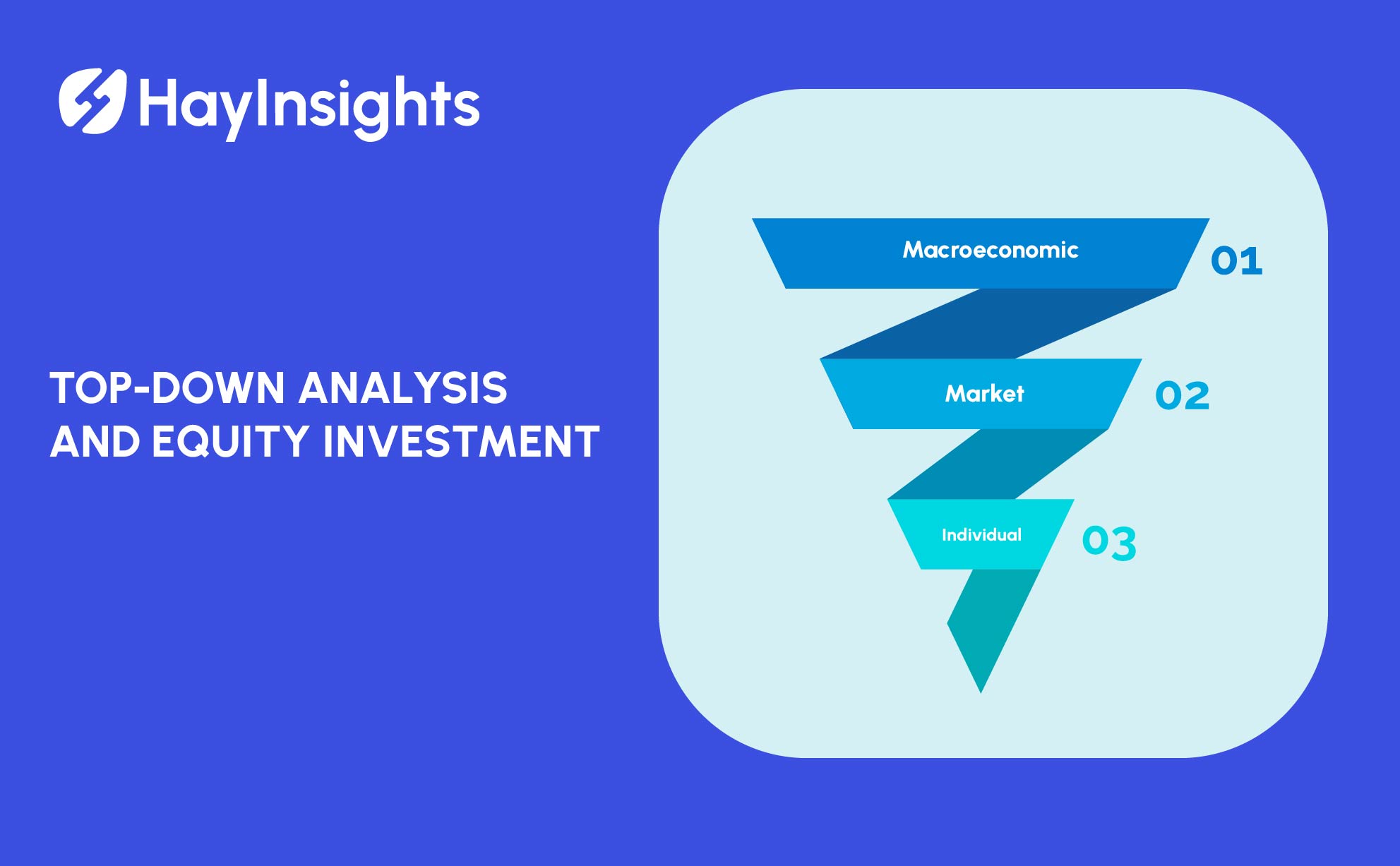
日本の投資税制:投資家のための必携ガイド 2024
日本は世界中の投資家にとって最も刺激的でダイナミックな市場の一つです。力強い経済、最先端の産業、世界的に認知されたブランドを擁する日の出ずる国は、ポートフォリオの多様化と拡大を目指す個人投資家を魅了しています。しかし、日本市場に飛び込む前に、日本の税制と納税額を最小限に抑える機会を理解することが不可欠です。この記事では、日本で個人投資家として知っておくべき税金についてすべて説明します。
1. 日本における投資税制の概要
日本では、投資収入に対する 税制 は比較的単純です。しかし、その詳細が純利益に大きく影響する可能性があります。税金は、証券からのキャピタルゲイン、配当、その他の収入に課されます。税率、免除、納税義務を最適化するための仕組みを理解することが重要です。
2. キャピタルゲイン税:基礎を理解する
キャピタルゲイン税は、株式、投資信託、ETF などの証券の売却による利益に適用されます。
- 標準料金譲渡所得には一律20.315%の税率がかかります。これには国税15%、地方税5%、復興特別税0.315%が含まれます。たとえば、譲渡所得が100万円の場合、203,150円の税金がかかります。
- 損失の相殺: 同じ会計年度内で損失と利益を相殺することができます。例えば、20万円の損失と50万円の利益が発生した場合、課税対象となる利益は30万円に減ります。
- 損失の繰り越し: 青色申告(特定の納税申告形態)をした場合、損失は最長3年間繰り越すことができます。
3. 配当税:受動的所得に対する課税
日本企業から受け取る配当金にも20.315%の税金がかかります。国税、地方税、復興税など同じ税率が適用されます。外国人投資家の場合、通常は源泉徴収され、純配当額が口座に振り込まれます。
- 税額控除日本では、外国企業から受け取る配当金に対する二重課税を回避するため、外国税額控除を認めています。例えば、米国企業から配当金を受け取った場合、その配当金が米国で15%の税率で課税されます。この場合、日本は過払いを防ぐために税額を調整します。
4. 税制優遇投資口座
日本は税制優遇のある口座を提供することで個人投資を奨励しています。これらの口座は、税負担を最小限に抑えながら居住者の資産を増やすことを目的として設計されています。
NISA(日本個人貯蓄口座)
NISA口座は非課税構造のため、日本の投資家の間で非常に人気があります。
- 年間制限:2024年からは年間360万円、生涯上限は1,800万円となります。
- 非課税所得:NISA口座内の配当金や譲渡益は保有期間を通じて非課税となります。
- 使いやすさ: これらの口座は、シンプルさと税金上のメリットを求める初心者投資家に最適です。
iDeCo(個人型確定拠出年金)
iDeCo は退職金に焦点を当てた口座であり、以下のような複数の税制上の優遇措置を提供します。
- 税金控除の対象となる寄付金: 拠出により課税所得が減ります。
- 税繰延後の成長: 直ちに税金が影響することなく、投資収益が増加します。
- 有利な引き出し税: 退職時の引き出しには軽減税率が適用され、より多くの資金が手元に残るようになります。
5. 為替リスクと税金への影響
海外の投資家にとって、為替変動はリターンに影響を与える可能性があります。ご自宅の通貨が円に対して上昇している場合、円ベースでの投資利益は換算すると価値が失われる可能性があります。さらに、為替差益は日本でも課税の対象となるため、さらに複雑さが増します。
6. 二重課税を回避するための租税条約
日本は二重課税を防止するために70カ国以上と協定を結んでいます。これらの扱いにより、通常、配当、利子、ロイヤルティに対する源泉徴収税率が軽減されます。たとえば、日米同盟のもとでは、租税条約により、配当源泉徴収は標準の 20.315% に対して 10% に制限されています。
このような条約の恩恵を受けるには、投資家は母国の居住証明書などの適切なフォームを提出する必要があります。
7. 税制政策の最近の動向
近年、日本では不平等に対処するために投資収益に対する増税の可能性について議論が行われている。しかし、投資を阻害し、市場活動を抑制するリスクは認識されています。 2024年後半の時点で、政府はキャピタルゲインと配当に対する即時増税の可能性を排除し、投資家にとって安定した環境を維持している。
8. 税金の申告
ほとんどの投資家にとって、納税には次の内容を含む年次申告書を提出する必要があります。
- すべての収入源:賃金、配当、キャピタルゲイン、家賃収入。
- 控除対象経費: 繰越欠損金などの対象となる控除。
- NISA/iDeCoレポート: これらの口座は非課税ですが、正確な報告は依然として必要です。
申告期間は通常、毎年2月から3月までです。日本の税法に精通した税務コンサルタントを雇うことは非常に貴重です。
9. 納税義務を最小限に抑えるための戦略的なヒント
- NISA拠出金の最大化: 年間限度額を全額活用して非課税成長を確保します。
- iDeCoを退職後の計画に活用する: 寄付により、将来に備えながら、現在の課税所得が減ります。
- 損失を積極的に相殺する: キャピタルロスを利用して課税所得を削減します。
- 租税条約に関する最新情報を入手する: 条約の特典を利用して源泉徴収税を最小限に抑えます。
10. 専門家のアドバイスを求める
日本の税制は投資家に優しいものですが、そのニュアンスは特に海外投資家にとって難しい場合があります。日本の規制を理解している税理士に相談することで、これらの複雑な問題を効果的に対処できるようになります。
結論
税金は日本への投資において無視できない重要な側面です。キャピタルゲイン、配当、NISA や iDeCo などの税制優遇口座に関するルールを理解することで、投資家は日本の法律を遵守しながら収益を最適化できます。戦略的計画と適切なアドバイスがあれば、収益を最大化し、負債を最小限に抑えることができ、世界で最も魅力的な市場の 1 つで長期的な財務成長を確保できます。













